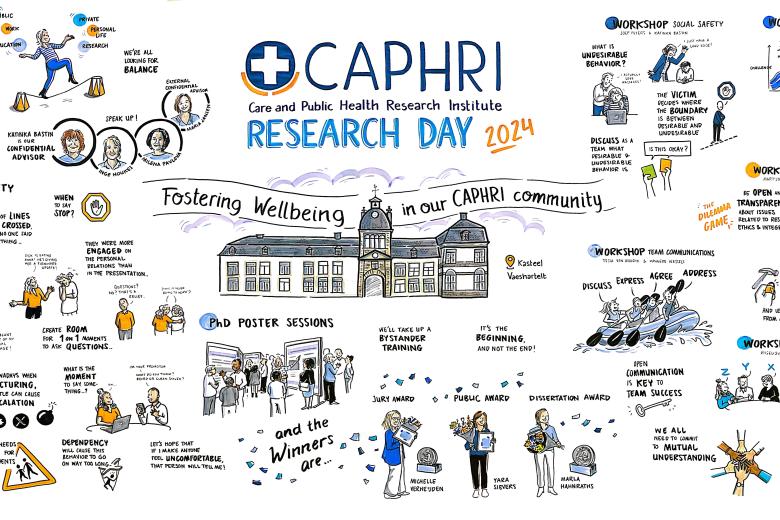Pre-eclampsia increases risk of pre-heart failure
A quarter of women who have suffered from pre-eclampsia show signs of pre-heart failure. These women are also at higher risk for future cardiovascular disease. This was the conclusion of the doctoral dissertation of Nicki Breetveld of Maastricht UMC+. The findings emphasise the importance of thorough follow-up after a woman has suffered from pre-eclampsia.
Approximately 170,000 babies are born in the Netherlands every year. In three to five percent of the pregnancies, pre-eclampsia occurs, which results in thousands of new patients annually. Pre-eclampsia is mainly characterised by high blood pressure and elevated protein in the urine and can cause unpleasant symptoms such as headaches and upper abdominal pain. In her dissertation, Breetveld concludes there are harmful long-term consequences as well.
First signs of heart failure
In her research, Breetveld focused on the first signs of heart failure, such as an enlarged heart muscle or vascular wall damage. When there are structural abnormalities to the heart, but not any recognisable symptoms of heart failure, in medical terms it is referred to as heart failure stage B. In 23% of the women, these abnormalities were present one and four years after their pregnancies. Women with histories of pre-eclampsia also had lower blood plasma volumes and higher blood pressure, which are both risk factors for heart failure stage B. Additionally, women who had pre-eclampsia and high blood pressure had double the chance of developing cardiovascular disease. That risk is present 10 as well as 30 years after the pregnancy when compared to women who had ‘normal’ pregnancies (3.1% compared to 1.5% and 19% compared to 9%).
Follow up
‘A pregnancy is actually the ultimate stress test for our cardiovascular system,’ states Breetveld. ‘In most cases, a pregnancy proceeds without problem and afterwards cardiovascular functions are restored, but in some women structural changes occur that cause increased risk for the future.’ Unfortunately, it is unclear what causes pre-eclampsia. Therefore, it is also difficult to predict who is at risk for future cardiovascular disease. Breetveld: ‘This makes it even more important to organise follow-up care for these women well, regular blood pressure controls and when necessary a cardiac ultrasound should be performed. With improved general lifestyle and possible medication, more serious problems can be prevented.’
This is originally a press release from the MUMC+.
Also read
-
Salzburg Maastricht University Seminar in Economic Evaluation in Healthcare - April 2025
From Sunday, April 13 to Saturday, April 19, 2025 the seminar ' Economic Evaluation in Healthcare’ will take place.

-
CAPHRI Day 2024 – Fostering Wellbeing in our CAPHRI Community
We are happy to have welcomed you on June 19th during our annual CAPHRI Research Day 2024 with the theme “Fostering Wellbeing in our CAPHRI Community”. We look back at yet another successful edition, where we got the chance to meet, interact, discuss, reflect and learn. Thank you for your presence...

-
New external confidential advisor for PhD candidates: Maria Jansen
As of February 1st, 2024, emeritus professor Maria Jansen has been appointed as an independent external confidant for PhD candidates at FHML/Maastricht UMC+.
